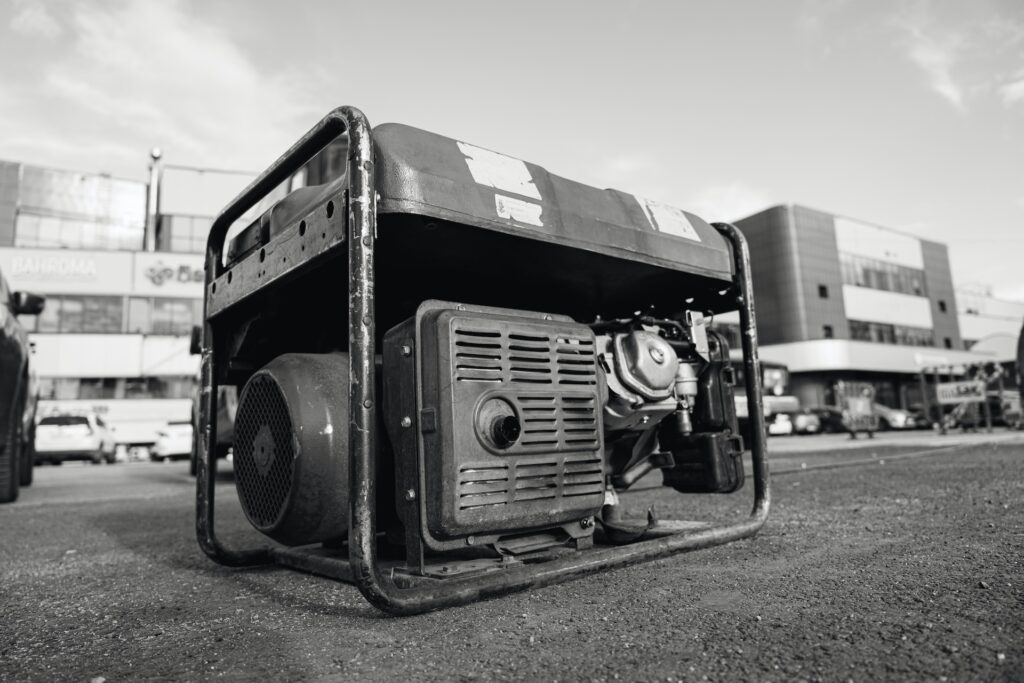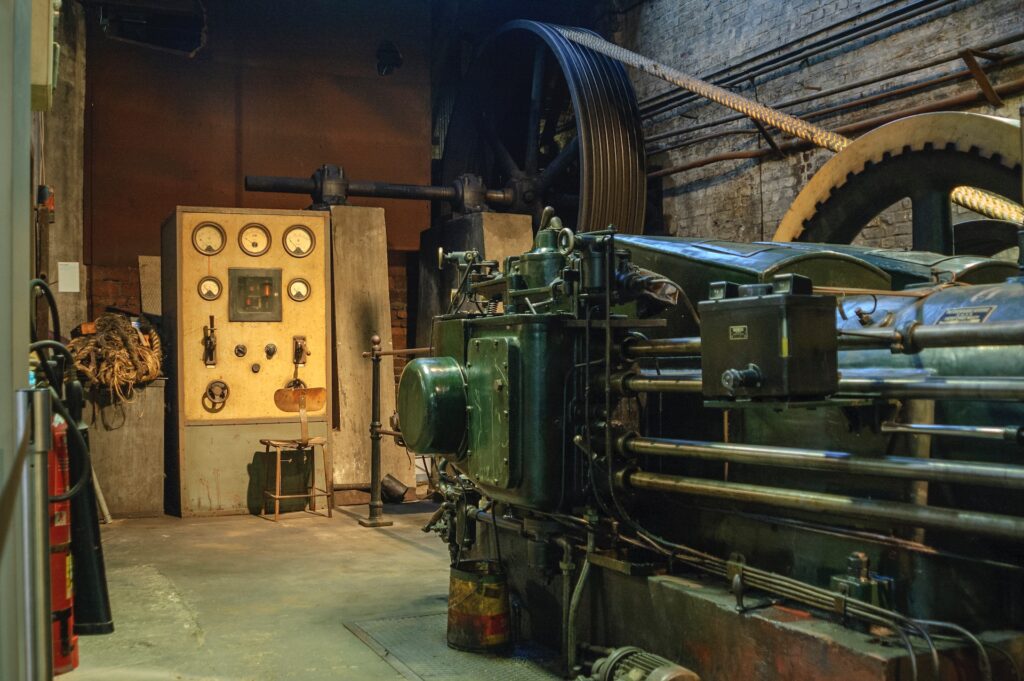How to Safely Operate a Generator During a Power Outage
You’re stuck in a power outage and decide to use a generator. But do you know how to use it safely?
In this guide, we’ll help you understand your generator’s features, teach you proper placement, and guide you on fuel storage and usage.
We’ll also provide tips on maintenance and dealing with overloads.
Don’t let the dark scare you. Get empowered and learn how to safely operate a generator during a power outage.
Understanding Your Generator’s Features

Before you can safely operate your generator during a power outage, it’s vital that you understand its features and how they work. Familiarize yourself with the control panel; it’s often where you’ll find the start button, fuel gauge, and power outlets.
You should also know where the fuel tank and oil reservoir are located, as well as the air filter, which needs regular cleaning to keep your generator running smoothly. Most generators have a circuit breaker that trips when the unit is overloaded, so learn how to reset it.
Understanding your generator’s wattage capacity is crucial, too, as exceeding it can cause damage. Lastly, ensure you know how to properly ground your generator to prevent electrical shocks.
Correct Generator Placement
Now that you’ve got a handle on your generator’s features, it’s crucial to place it correctly for safe operation.
Always put your generator outdoors, away from windows, doors, and vents to avoid carbon monoxide buildup inside your home. It should be at least 20 feet from your house to prevent exhaust fumes from seeping indoors.
Never position it near combustible materials. Make sure it’s on a flat, stable surface to ensure it operates efficiently. If it’s raining or snowing, use a generator tent or cover to shield it from moisture, but don’t enclose it fully.
Lastly, keep it accessible for easy refueling and maintenance. Remember, the wrong placement can lead to dangerous situations.
Safe Fuel Storage and Usage
While you’ve ensured the ideal placement of your generator, it’s equally important to handle and store fuel safely to prevent any accidents.
Always store fuel in a container designed for this purpose and keep it away from living areas, ideally in a locked, well-ventilated shed.
Never refuel your generator while it’s running or hot. Turn it off, let it cool, then refuel. Overfilling can cause fuel spillage, which can ignite.
Additionally, never store fuel near sparks, open flames, or heat sources. Remember, gasoline vapors are highly flammable.
Lastly, don’t let fuel sit in the generator’s tank for long periods of inactivity. Stale fuel can cause engine problems.
Proper fuel storage and usage are key to safe generator operation.
Generator Maintenance and Care
To keep your generator running smoothly and safely during a power outage, it’s crucial that you regularly maintain and care for it.
- Always check the oil level before use, as running low on oil can damage the engine.
- Replace oil and filters as recommended by the manufacturer.
It’s also important to keep the generator clean, removing any dirt or debris that could obstruct airflow and cause overheating.
- Check the fuel system regularly for leaks, and ensure that the spark plug is clean and functioning properly.
Store your generator in a dry, well-ventilated area to prevent rust and corrosion.

- Lastly, run your generator regularly, even when there’s no power outage, to keep the engine in good working condition.
Dealing With Generator Overloads
Continuing from maintenance, managing generator overloads is your next challenge in ensuring safe generator operation during a power outage. Overloading happens when your generator’s output capacity is exceeded. It’s critical to know your generator’s limit and not to exceed it.
To prevent overloads, tally up the total wattage of all appliances to be powered. Ensure it doesn’t exceed your generator’s capacity. If it does, prioritize your needs and disconnect non-essential appliances.
Be vigilant for signs of overloading like circuit breaker trips, voltage fluctuation, and unusual noises. If you notice these, immediately disconnect some loads.
Consider installing an overload protection device for added safety. This automatically shuts off power when an overload is detected, protecting your generator and appliances. Remember, safety is paramount when dealing with power generators.
Conclusion

Understanding your generator’s features, ensuring proper placement, and practicing safe fuel storage and usage are key to safely operating a generator during a power outage.
Regular maintenance and dealing with overloads also contribute to efficient use.
Remember, your generator is a powerful tool – treat it with care and respect.
Follow these guidelines for a safe, hassle-free experience during your next power outage.

